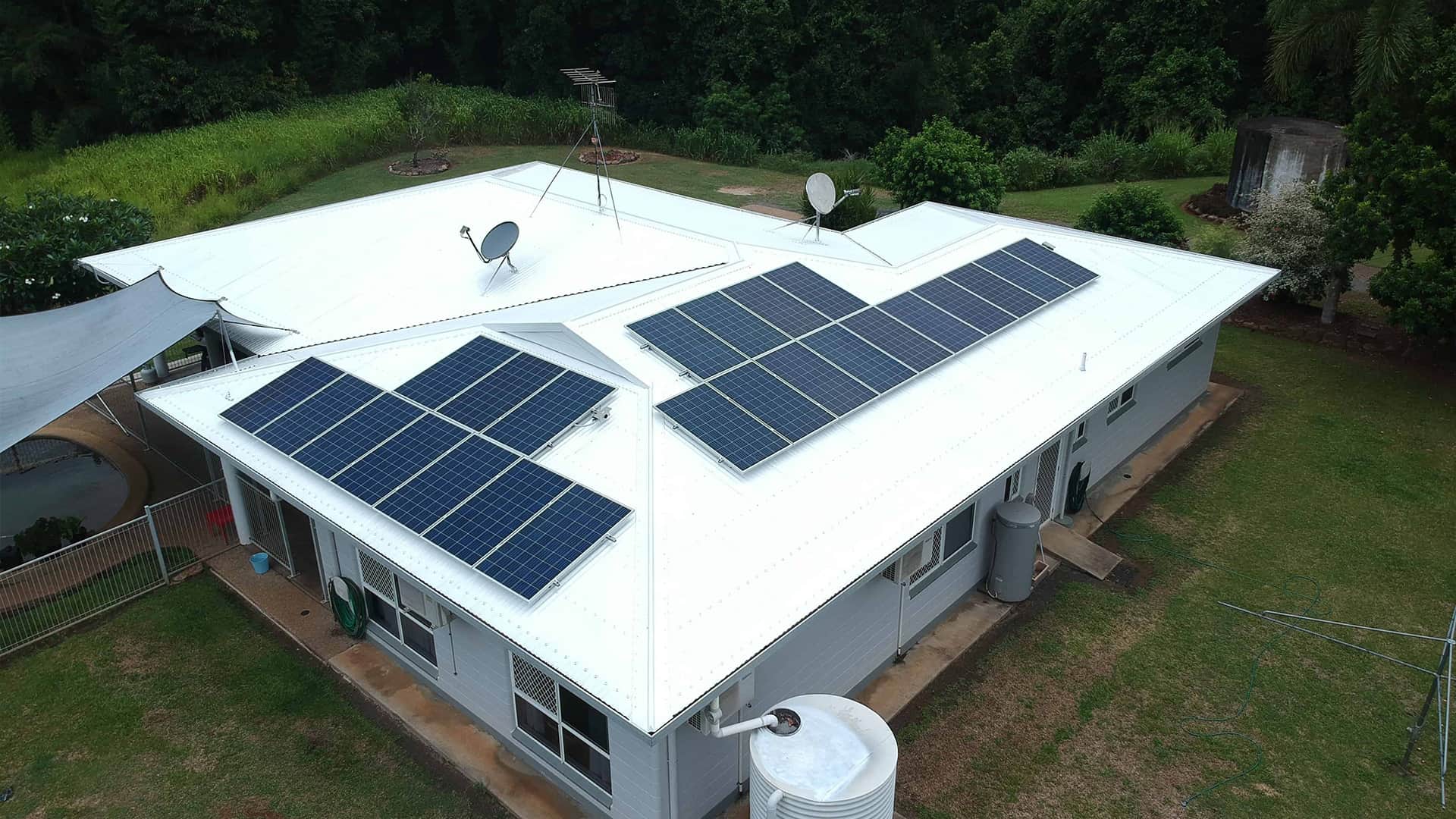As the world shifts towards renewable energy sources, the US government is incentivizing homeowners and businesses to switch to solar power by offering a generous 30% solar tax credit. This credit can help offset the cost of installing solar panels, making it more affordable for individuals and companies to harness the power of the sun. In this article, we will provide a step-by-step guide on how to claim the 30% solar tax credit in 2025.
What is the Solar Tax Credit?
The solar tax credit, also known as the Investment Tax Credit (ITC), is a federal tax credit that allows homeowners and businesses to claim a credit of 30% of the total cost of installing solar panels. This credit can be applied to both residential and commercial properties, making it an attractive incentive for those looking to reduce their energy bills and carbon footprint.
Who is Eligible for the Solar Tax Credit?
To be eligible for the solar tax credit, you must meet the following requirements:
You must be a homeowner or business owner with a solar panel system installed on your property.
The solar panel system must be installed on or after January 1, 2006, and on or before December 31, 2025.
The solar panel system must be used for generating electricity, and not for heating water or other purposes.
You must have a tax liability to claim the credit.
How to Claim the 30% Solar Tax Credit
Claiming the solar tax credit is a straightforward process that requires the following steps:
1.
Install a solar panel system: Hire a professional solar installer to design and install a solar panel system on your property.
2.
Obtain a receipt and certification: Get a receipt from the installer that includes the total cost of the solar panel system, and ensure that the system is certified by a third-party organization, such as the North American Board of Certified Energy Practitioners (NABCEP).
3.
Complete Form 5695: Fill out Form 5695, Residential Energy Credits, and attach it to your tax return (Form 1040).
4.
Claim the credit: Claim the 30% solar tax credit on Line 5 of Form 5695, and carry over any excess credit to future tax years.
Tips and Reminders
The solar tax credit is non-refundable, meaning that you can only claim the credit if you have a tax liability.
The credit can be claimed for both new and existing homes, as well as for commercial properties.
The solar panel system must be installed and operational by December 31, 2025, to qualify for the credit.
Keep all receipts and documentation, including the certification and installation contracts, as you will need them to claim the credit.
The 30% solar tax credit is a significant incentive for homeowners and businesses to switch to solar power. By following the steps outlined in this guide, you can claim the credit and reduce your energy bills while contributing to a sustainable future. Don't miss out on this opportunity to unlock the power of solar and start saving money on your energy bills. Consult with a tax professional or solar installer to ensure that you meet all the requirements and follow the correct procedures to claim the solar tax credit in 2025.
Note: The information provided in this article is subject to change and may not reflect any updates or modifications to the solar tax credit program. It is recommended to consult with a tax professional or the IRS website for the most up-to-date information.









